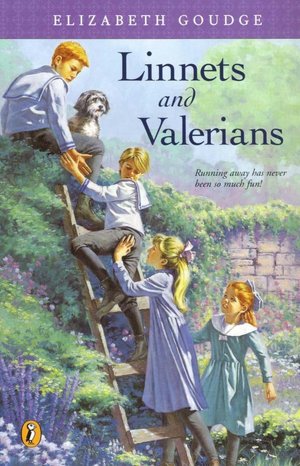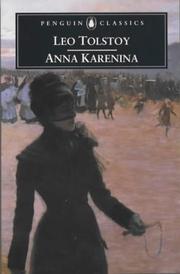Then you find out you were wrong.
My first inkling of Scottish author Josephine Tey came from my friend Suzannah. I quickly got The Daughter of Time (1951) out of the library, and I was hooked.
 |
| Elizabeth Mackintosh - aka Josephine Tey and Gordon Daviot |
I don't know how I missed her before. No less a personage than Peter Hitchens (that would be the more-famous Christopher's redeemed brother) has praised her books, most particularly The Daughter of Time (which the Crime Writers' Association voted as the best crime novel of all time in 1990):
Josephine Tey’s clarity of mind, and her loathing of fakes and of propaganda, are like pure, cold spring water in a weary land. Her story-telling ability is apparently effortless (and therefore you may be sure it was the fruit of great hard work. (As Ernest Hemingway said ‘if it reads easy, that is because it was writ hard’) . But what she loves above all is to show that things are very often not what they seem to be, that we are too easily fooled, that ready acceptance of conventional wisdom is not just dangerous, but a result of laziness, incuriosity and of a resistance to reason.To these qualities I would add her attentiveness to the twin themes of justice and mercy - two concepts that both crime writers and Christians must come to terms with. In the life of any literary sleuth worth his salt (and Inspector Alan Grant, her balanced and urbane detective, certainly is), there come times when he has to make tough calls about innocence and guilt. A detective novel can make an easy pulpit from which to preach relativism. Tey doesn't. The only novel I've read of hers that ends badly (won't tell which one) does so to prove the point that when we humanistically take ethical situations into our own hands, we make a right old mess of things.
Providence is often pivotal in Tey's novels. In The Franchise Affair (1951), the faithful prayer of the protagonist's aunt seems to turn the course of the novel. And, though I found it to be the least satisfactory of her novels which I have read so far, the premise of Miss Pym Disposes (1946) is explicitly based on the axiom "Man proposes, but God disposes".
I know nothing of Tey's personal theology. Coming from Scotland (her real name was Elizabeth Mackintosh) and given the above themes, I think a case could be made for a strong Presbyterian/Calvinist cultural influence.
Treatment of romantic love can be a deal-breaker for me. I really enjoy the mysteries, locations and plucky heroines of Mary Stewart's novels, but the dangerous-love-interest trope leaves me yawning. Tey's romances are more solidly built, and with a lighter touch. They feel like they could actually result in a happy marriage. (A neat bit of trivia: Mary Stewart paid homage to Tey's Brat Farrar (1949) in her mystery-romance The Ivy Tree.)
However, Tey isn't completely kosher (is there a Presbyterian equivalent?). Her interest in the pseudo-science of physiognomy/anthropological criminology - an offshoot of social Darwinism - is tiresome. For instance, did you know people with slate-blue eyes are 'oversexed'? But since even the very best of authors (yes, John Buchan, I'm looking at you!) was not immune to this cultural claptrap, I can forgive her.
What will you find in a Josephine Tey novel? An intriguing premise, likeable characters, fast-paced plotting and all of the delightful jolly-hockeysticks dialogue one expects from British 1920s-40s pop novels.
If Mary Stewart novels are your guilty pleasure, I recommend Josephine Tey's novels: all the pleasure and none of the guilt.
Here are some e-texts at the University of Adelaide.













